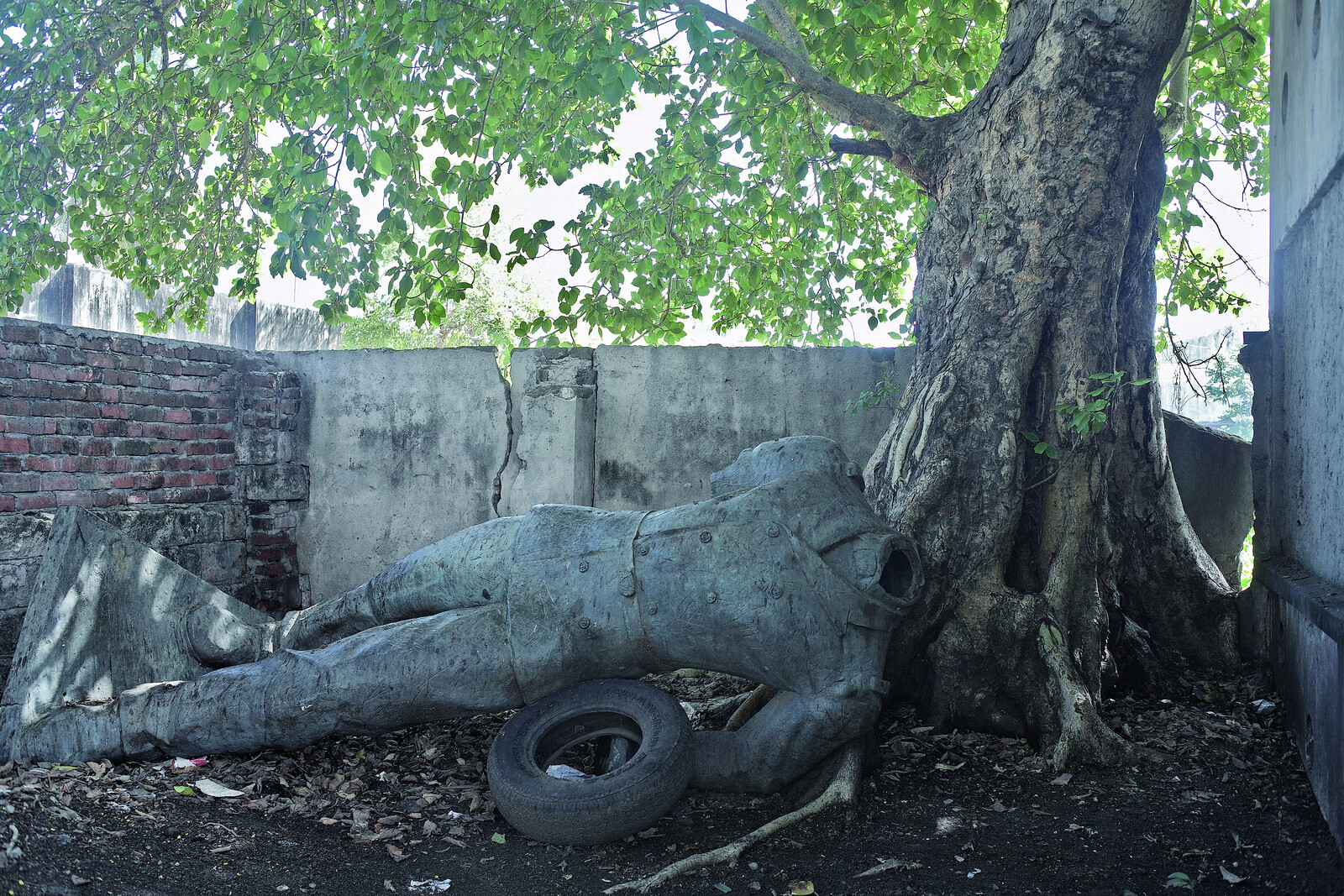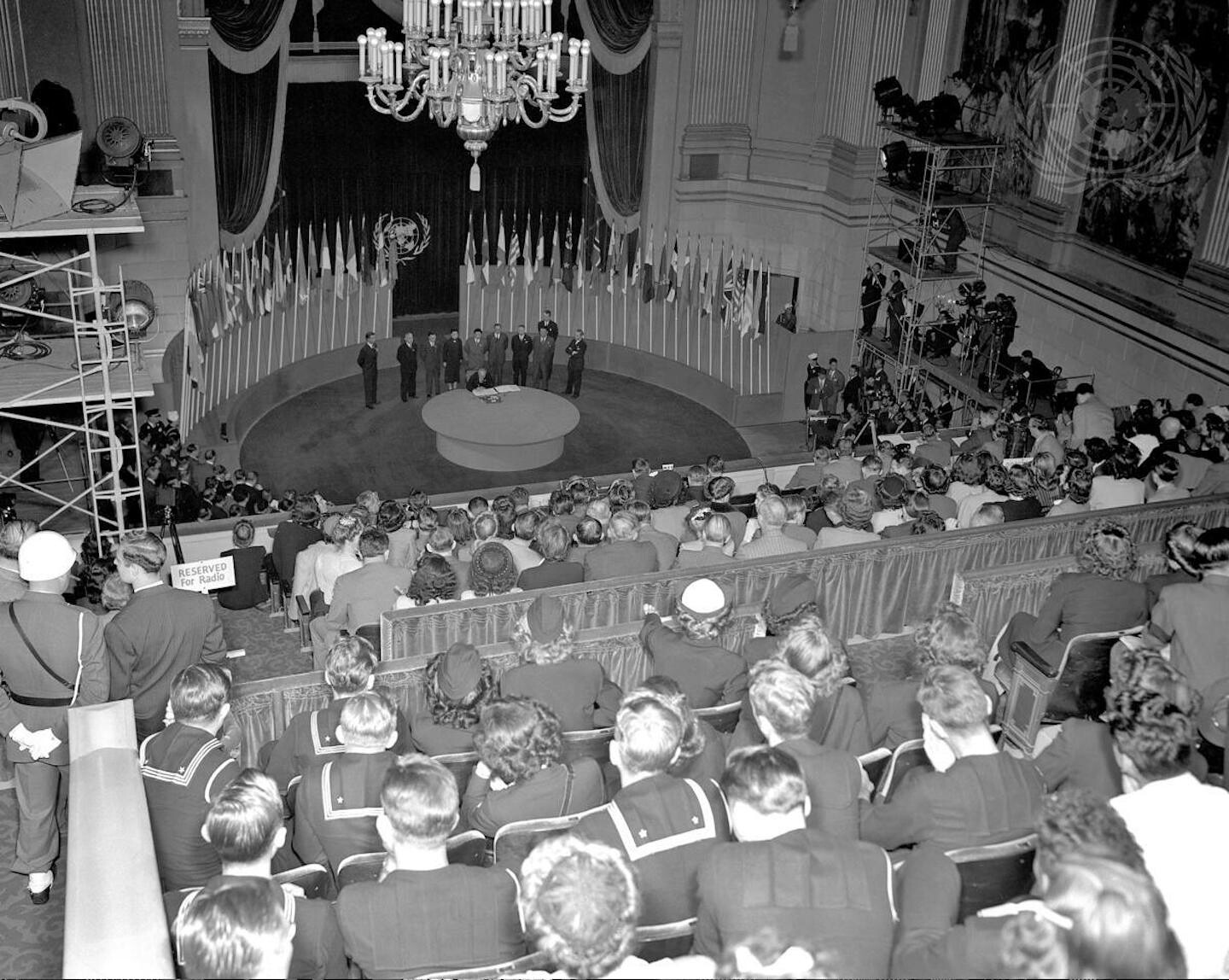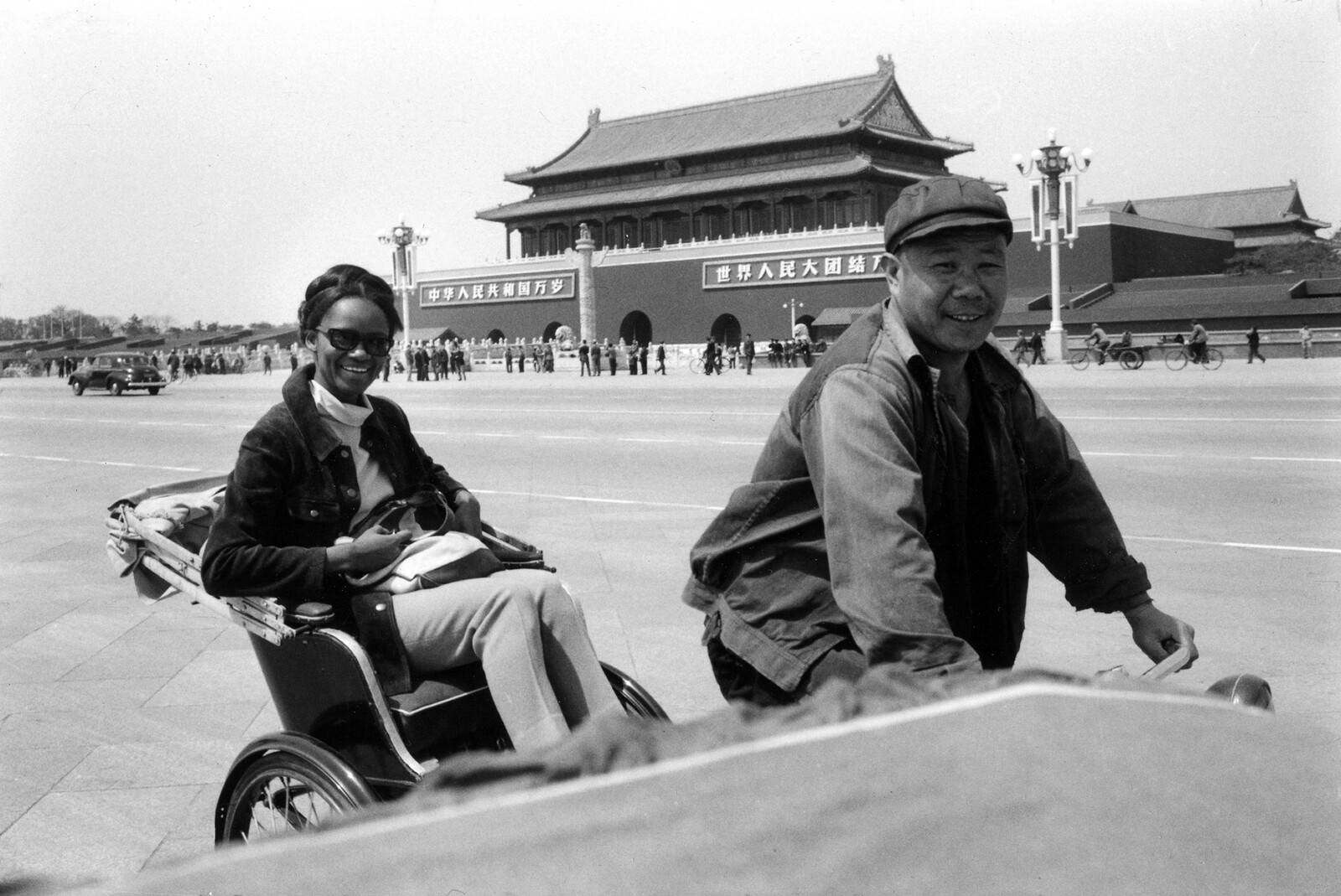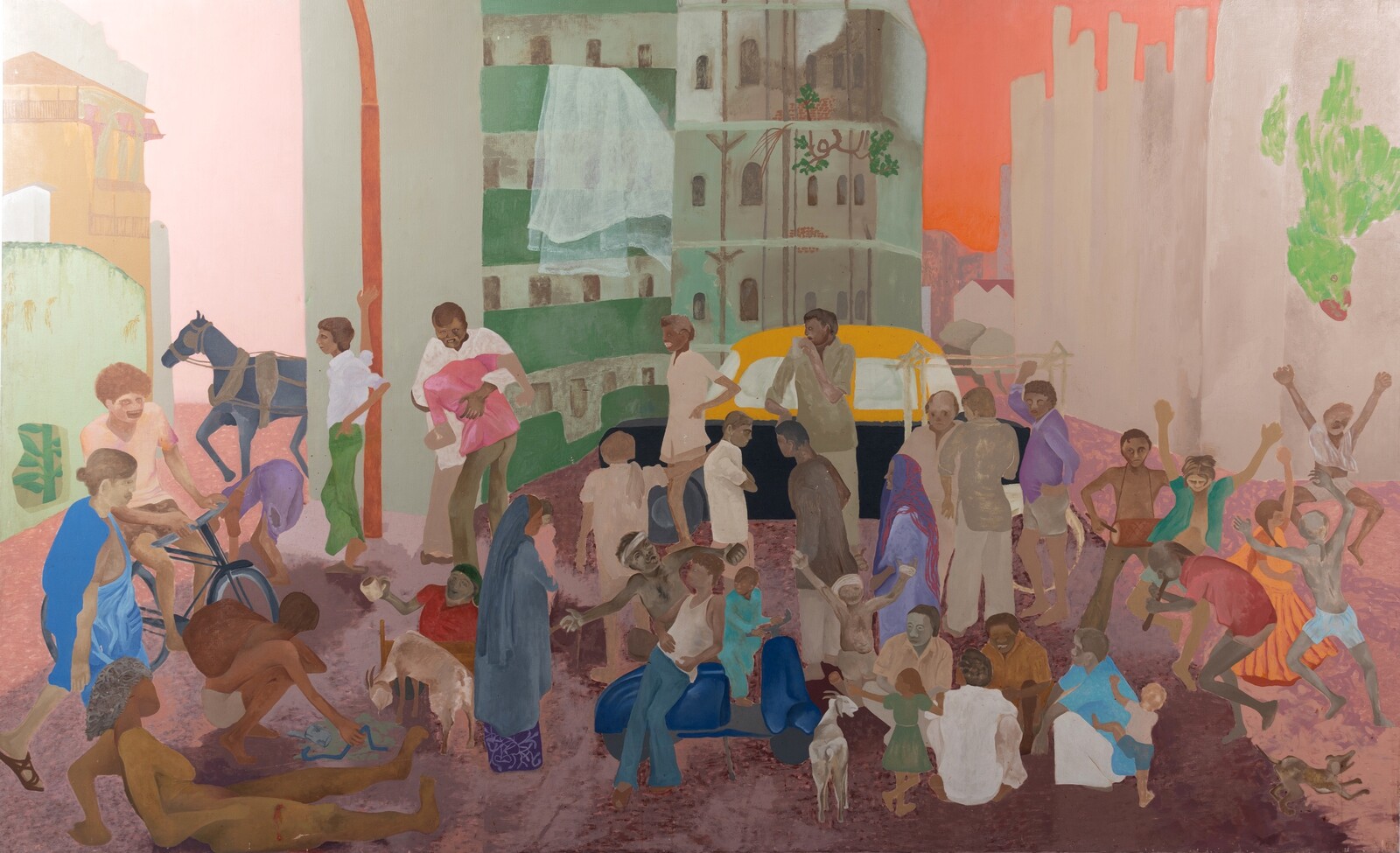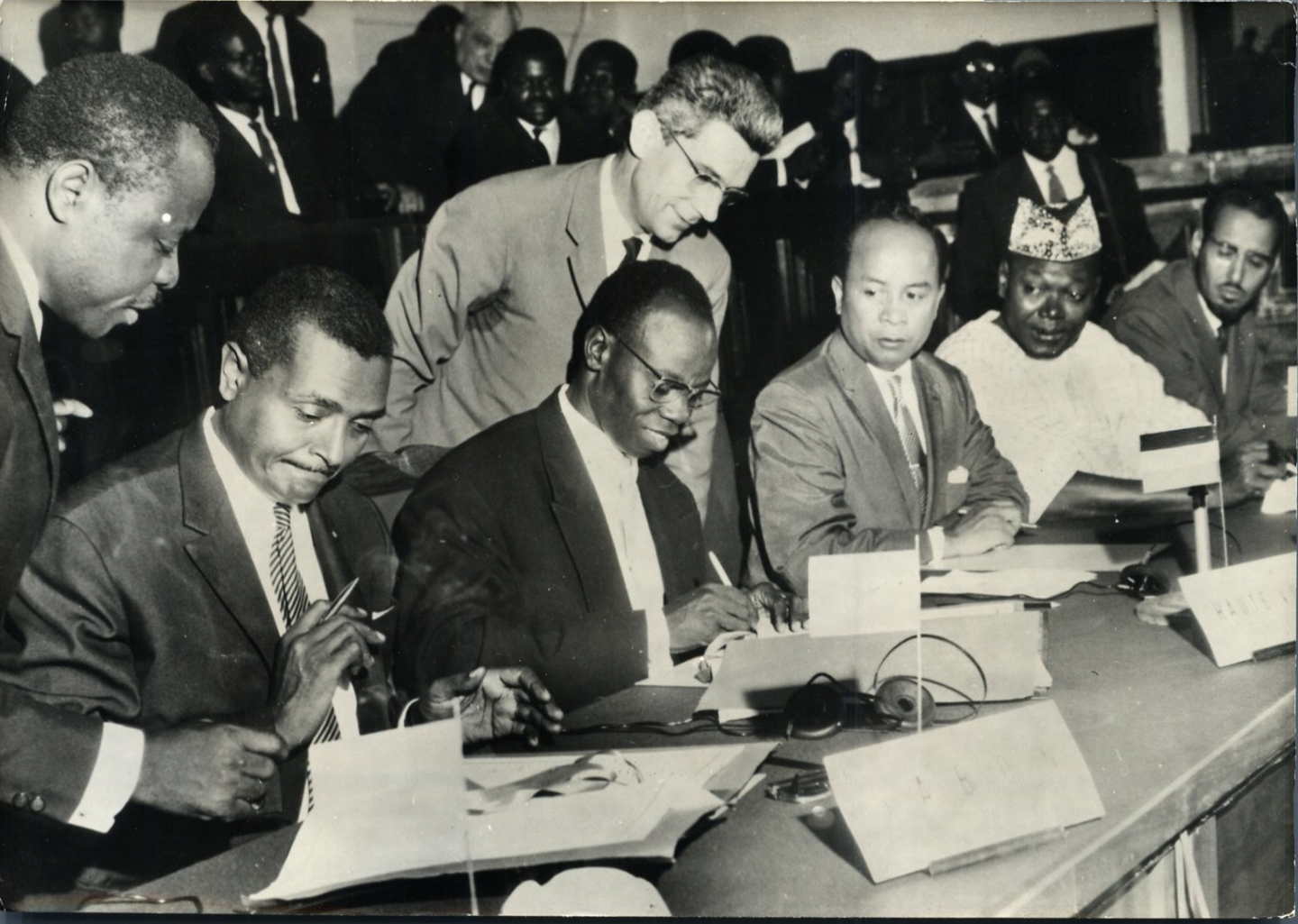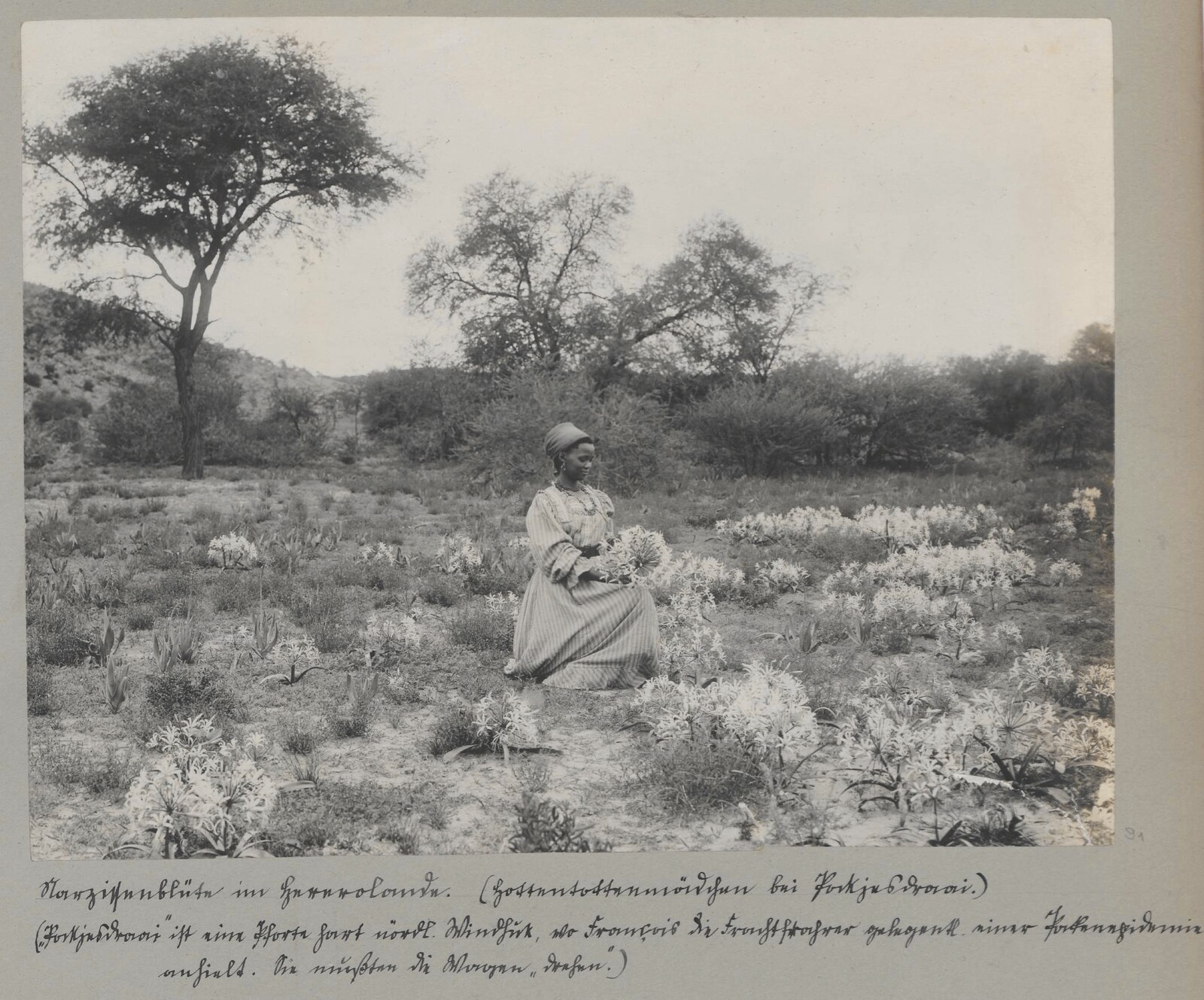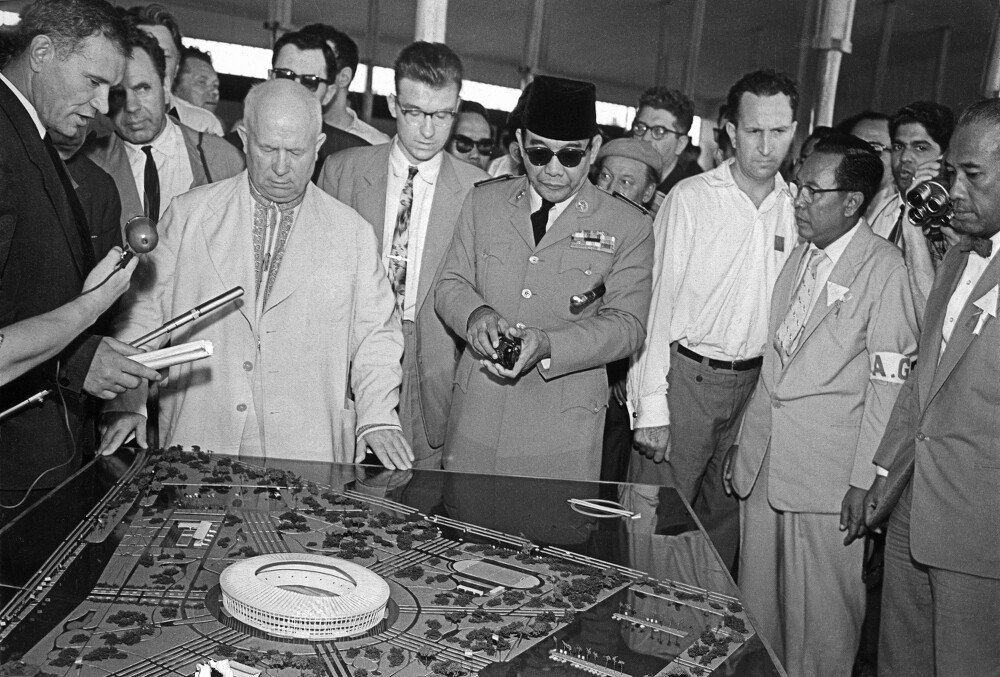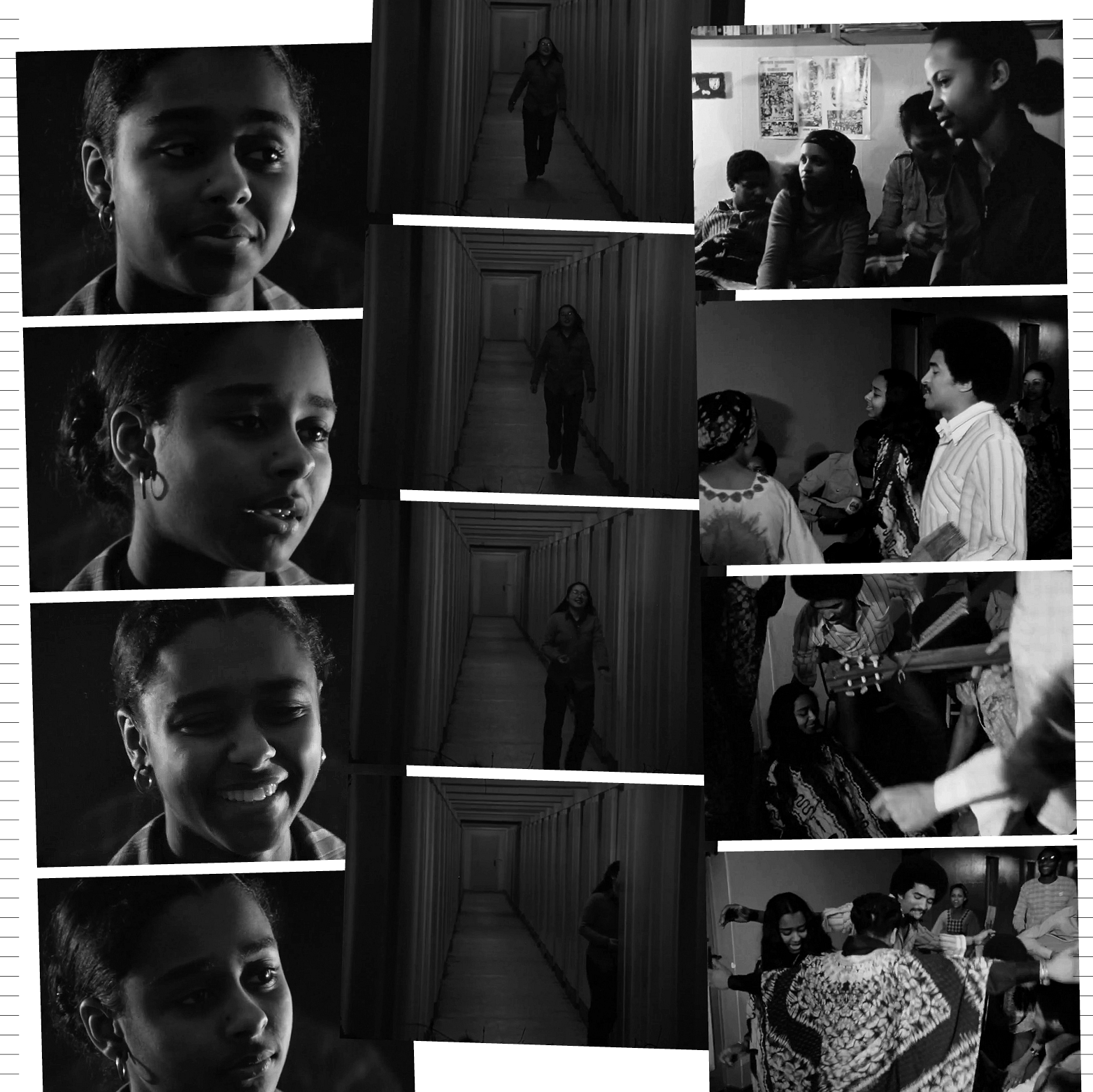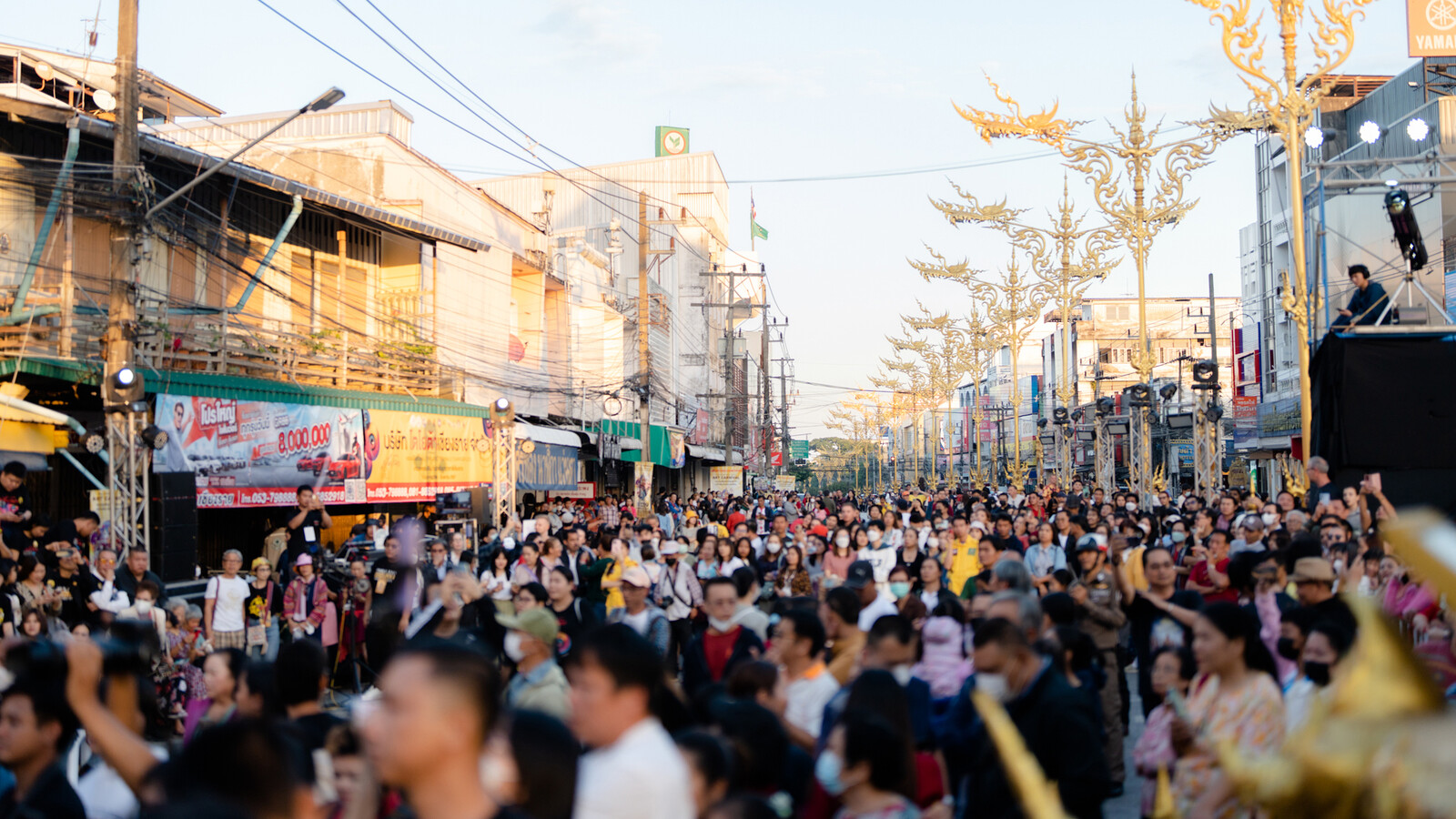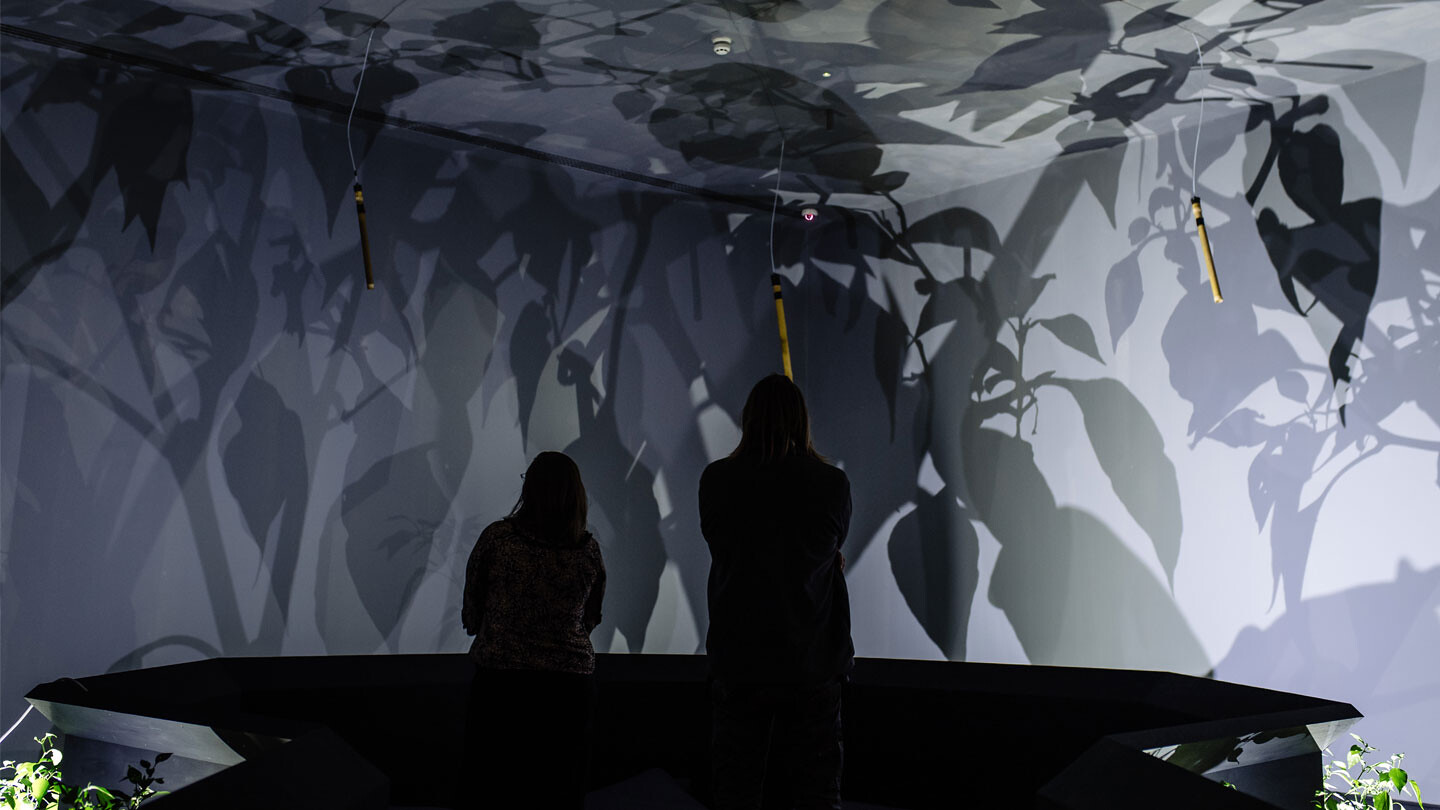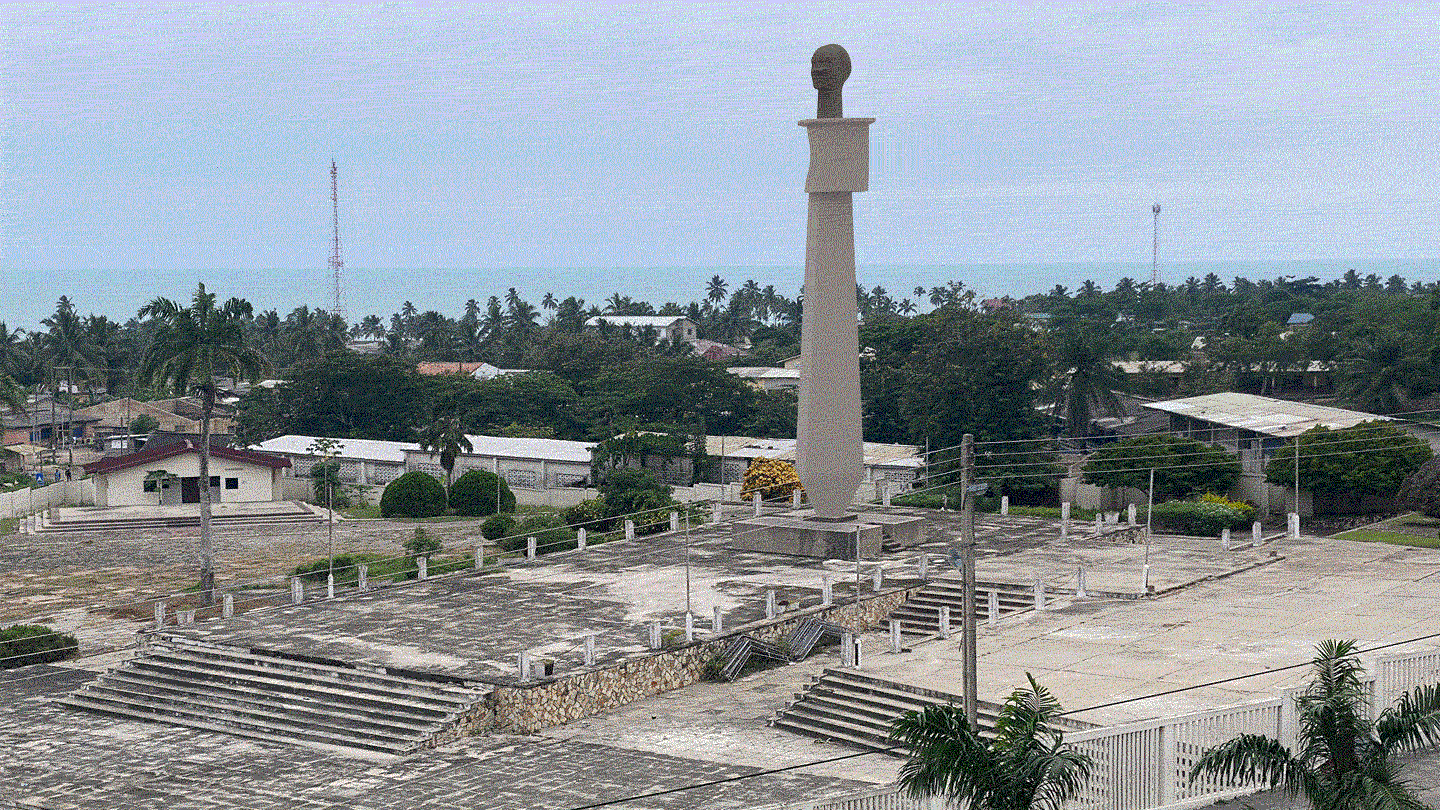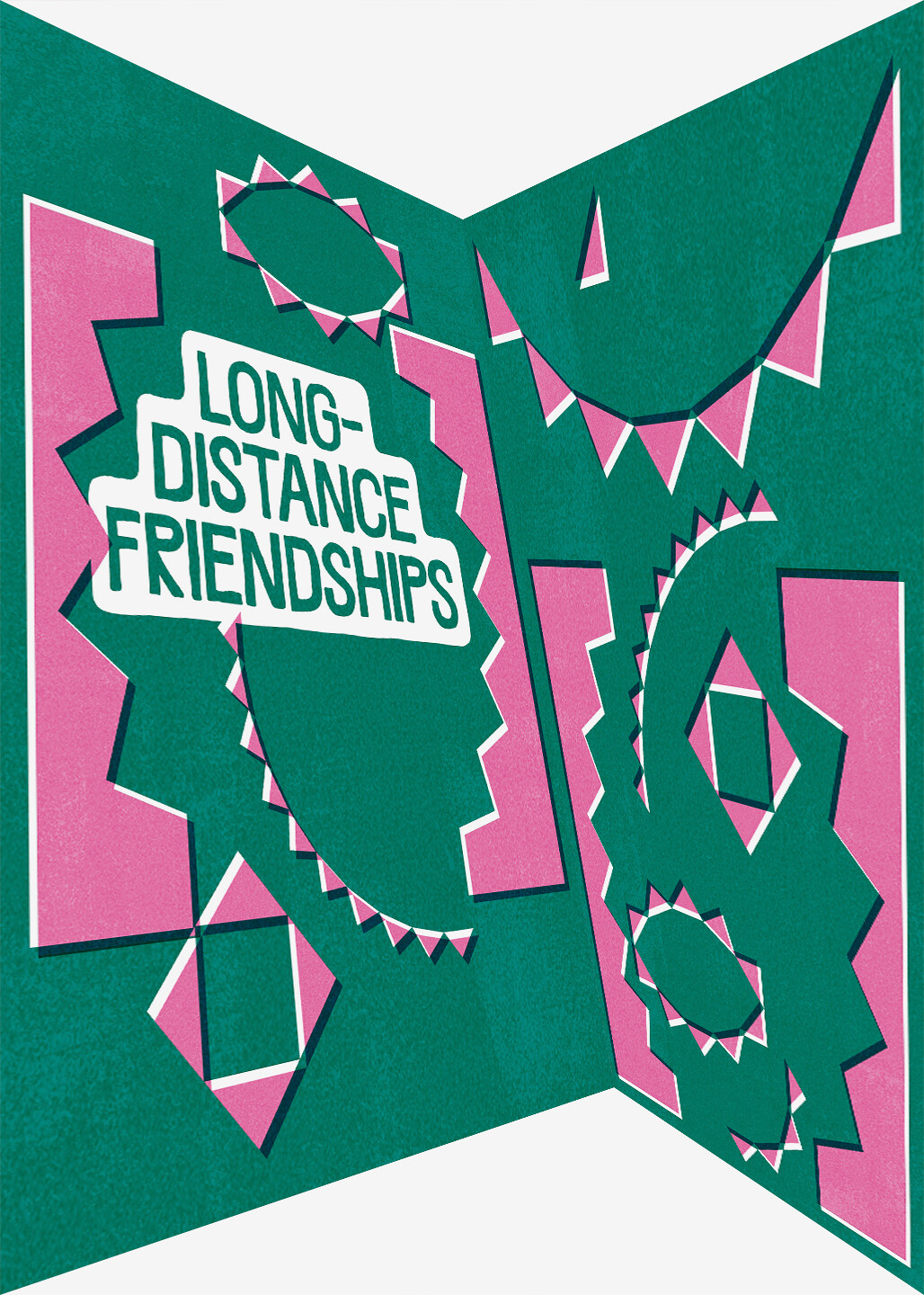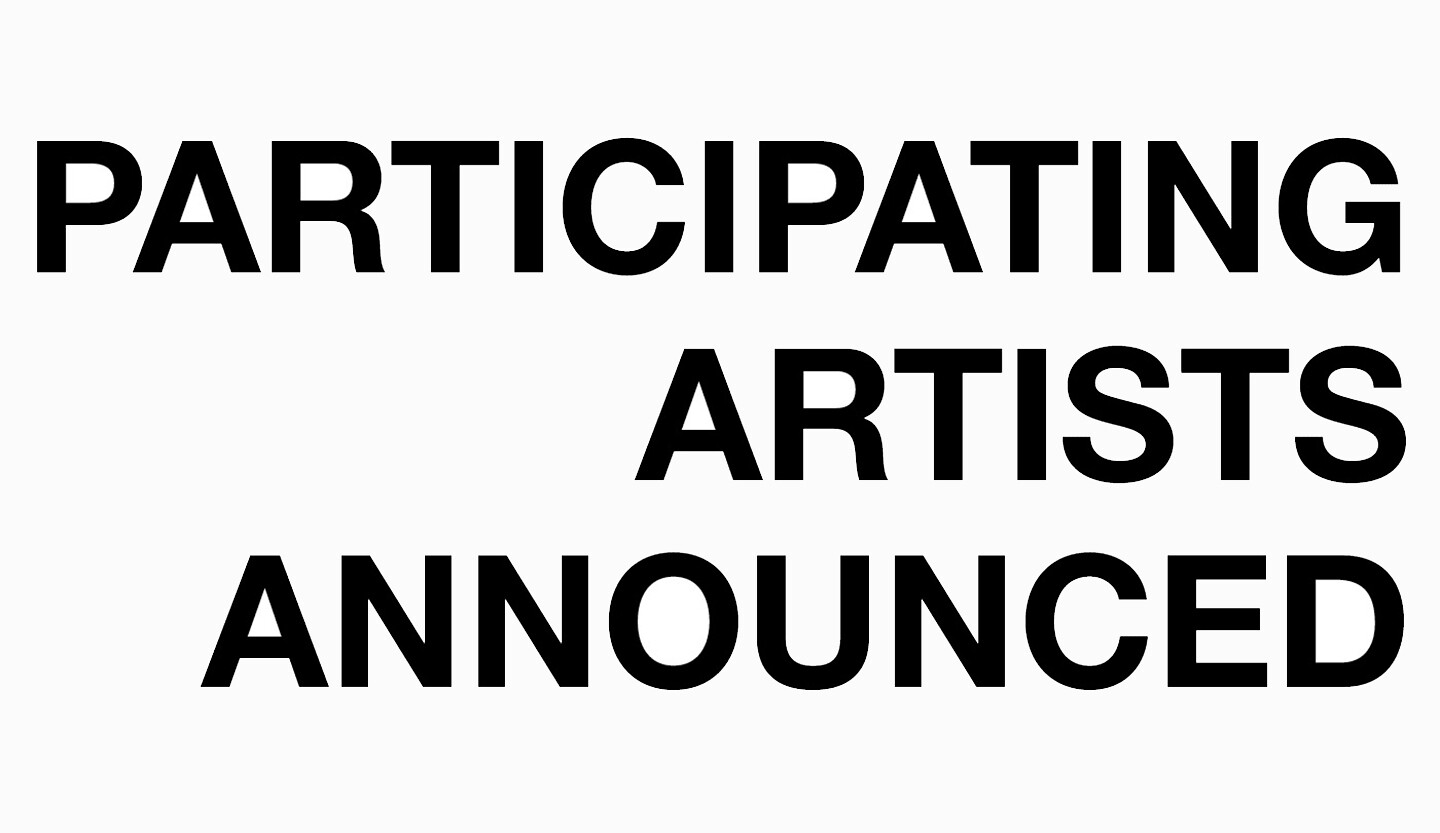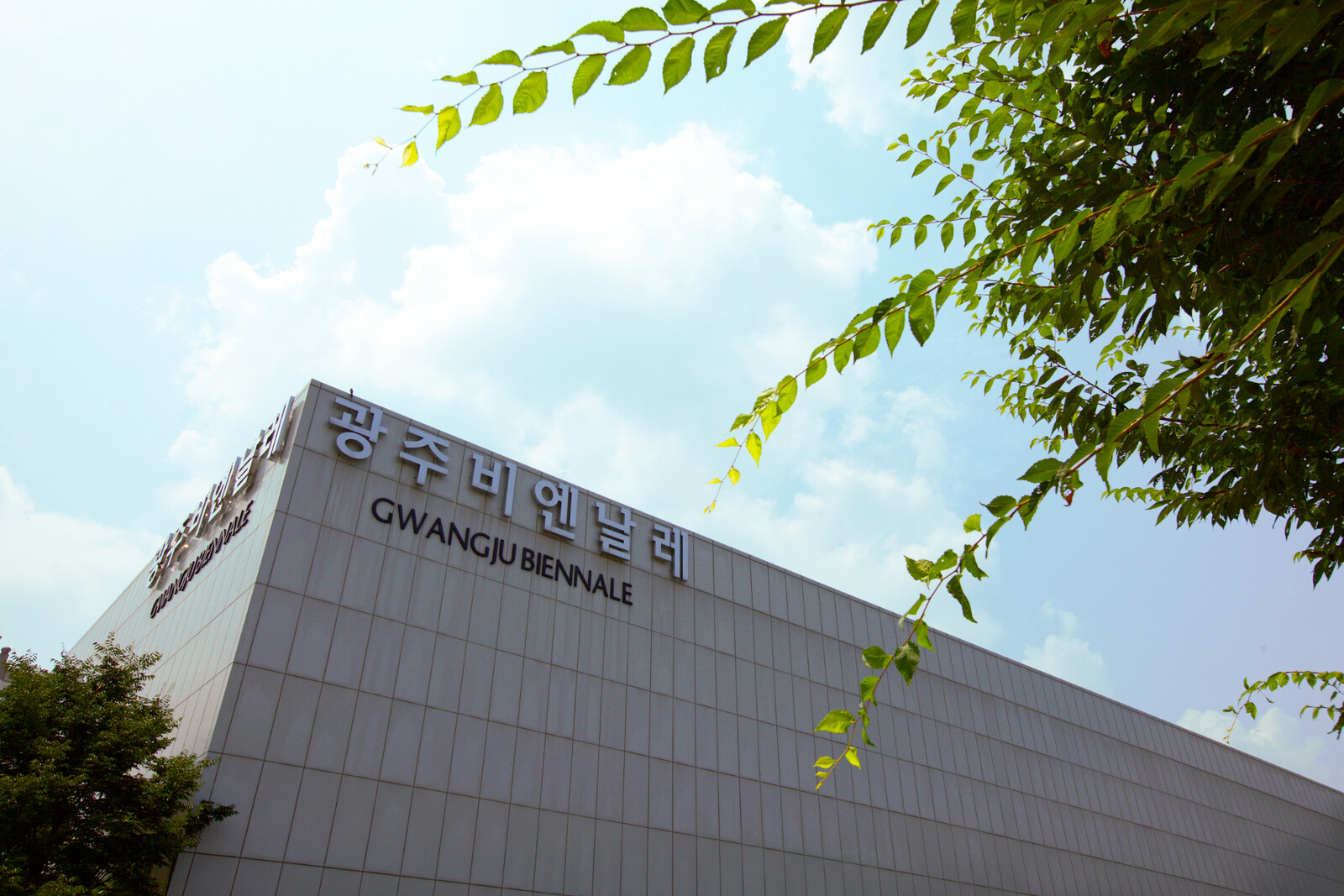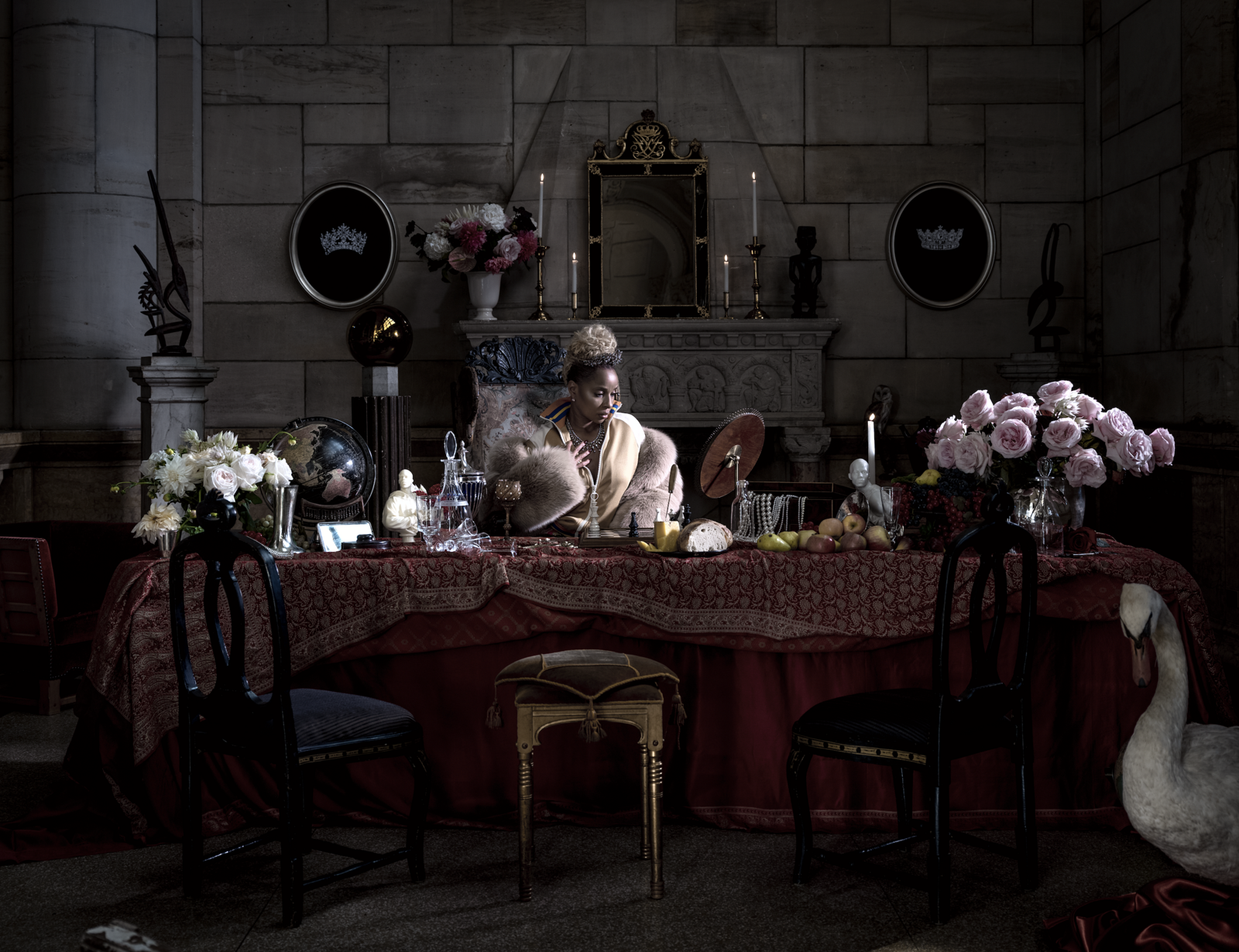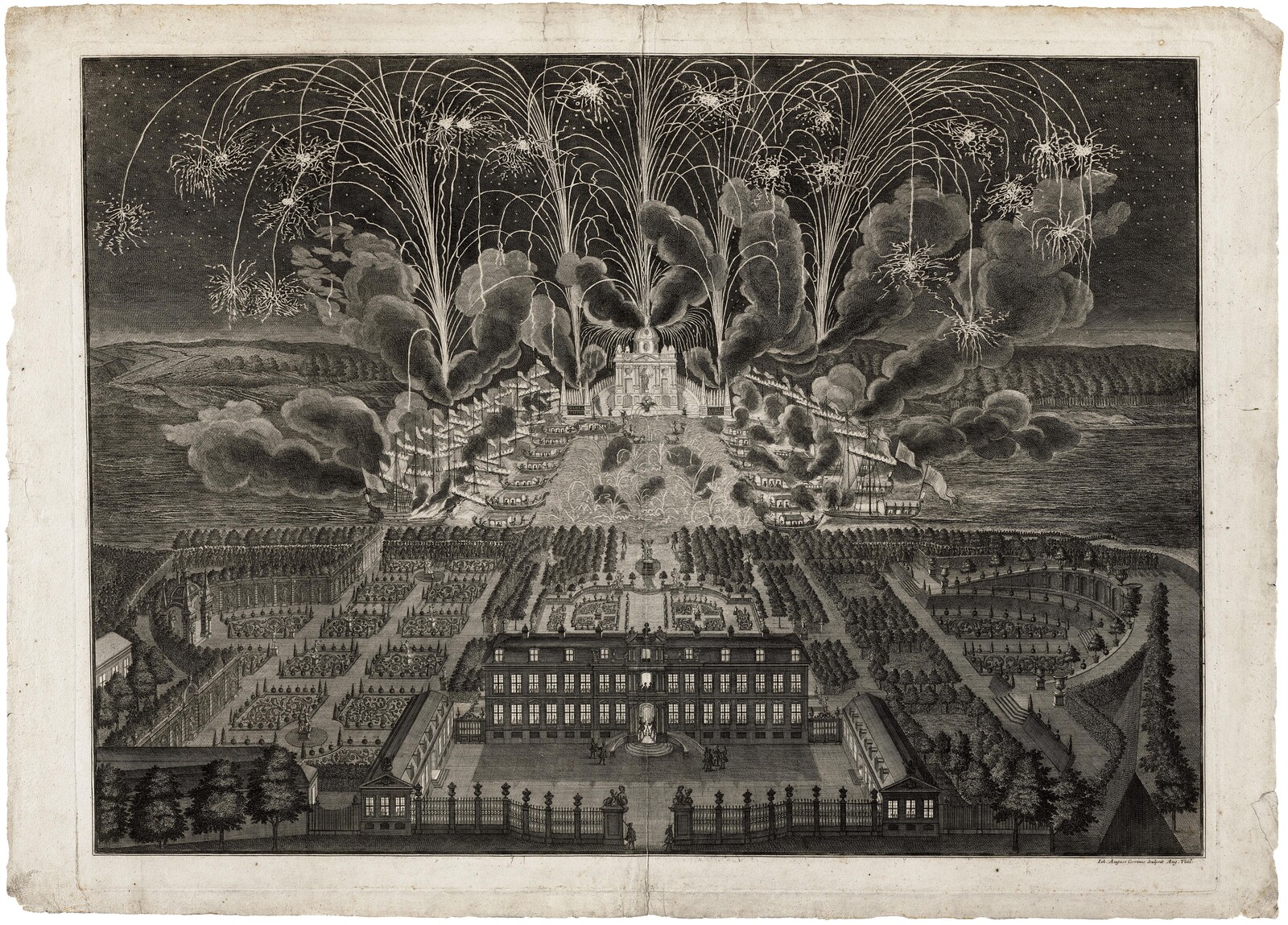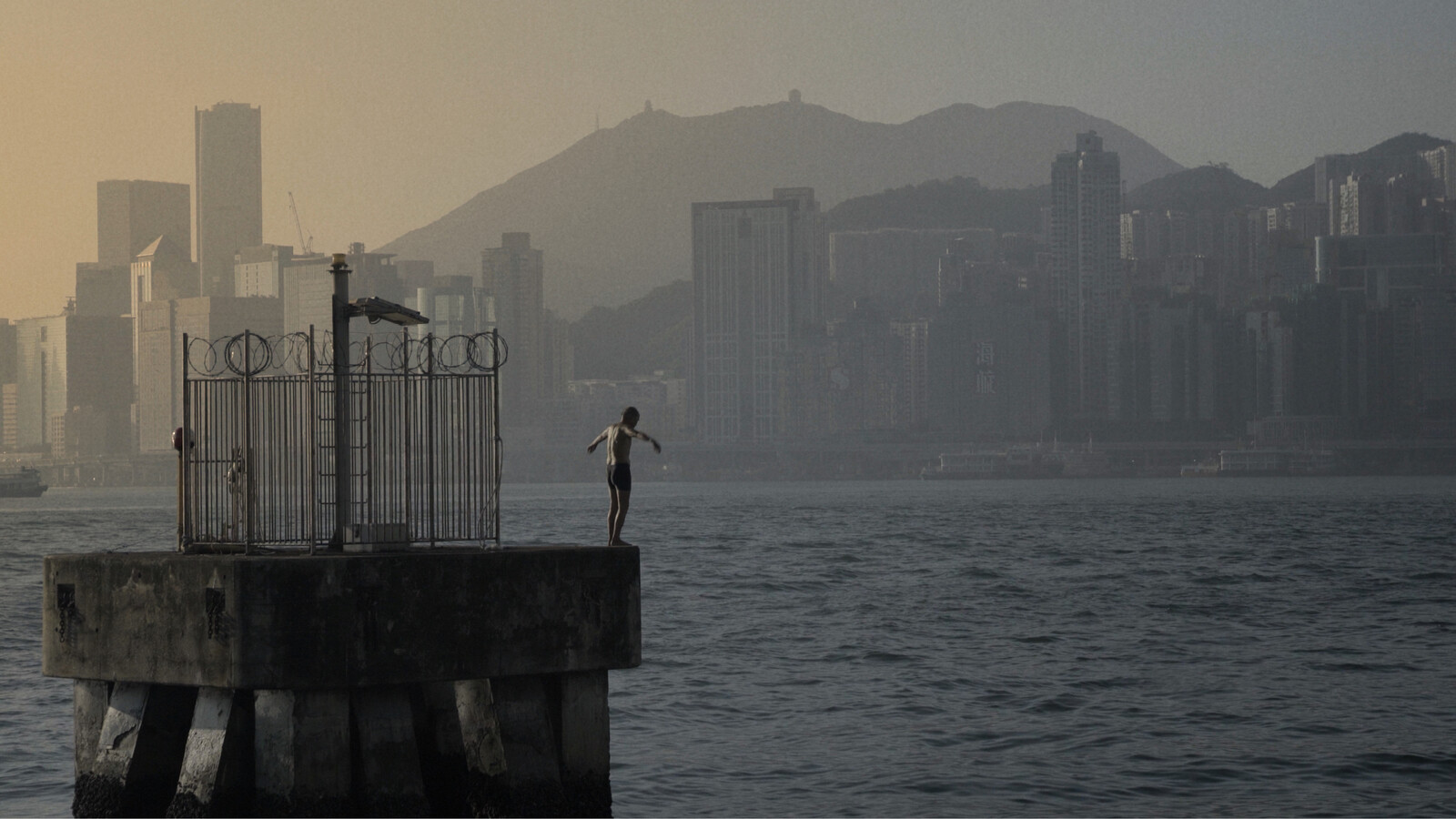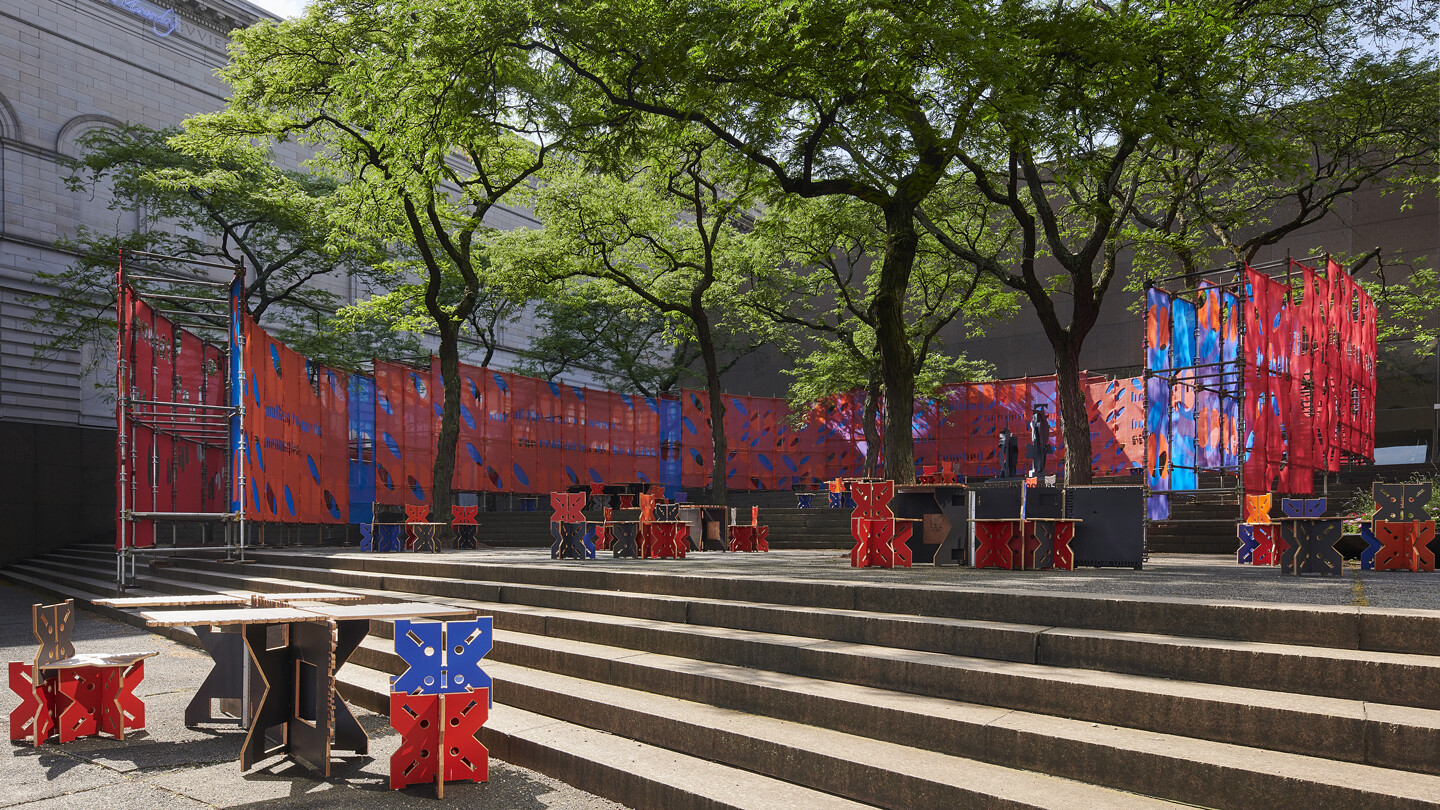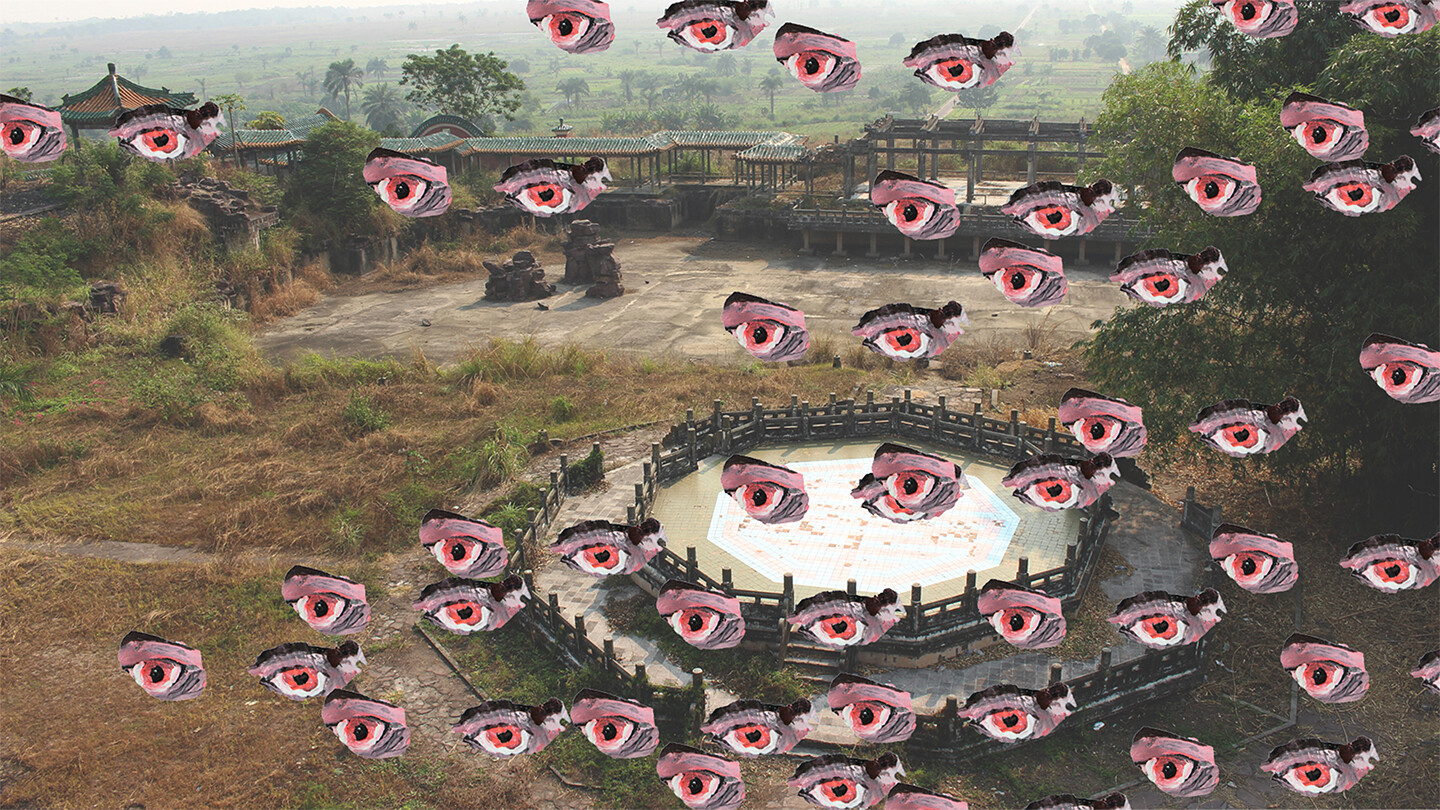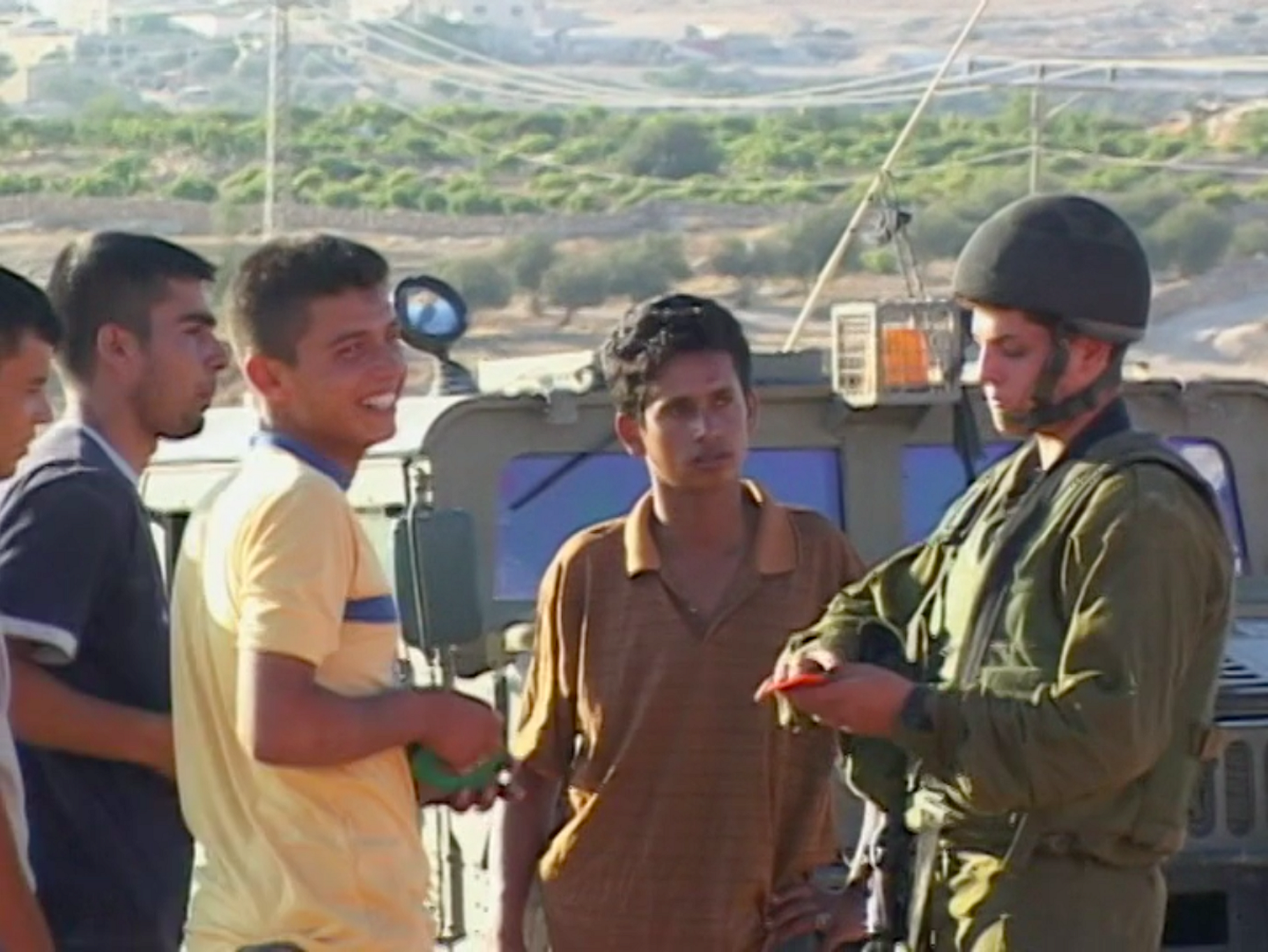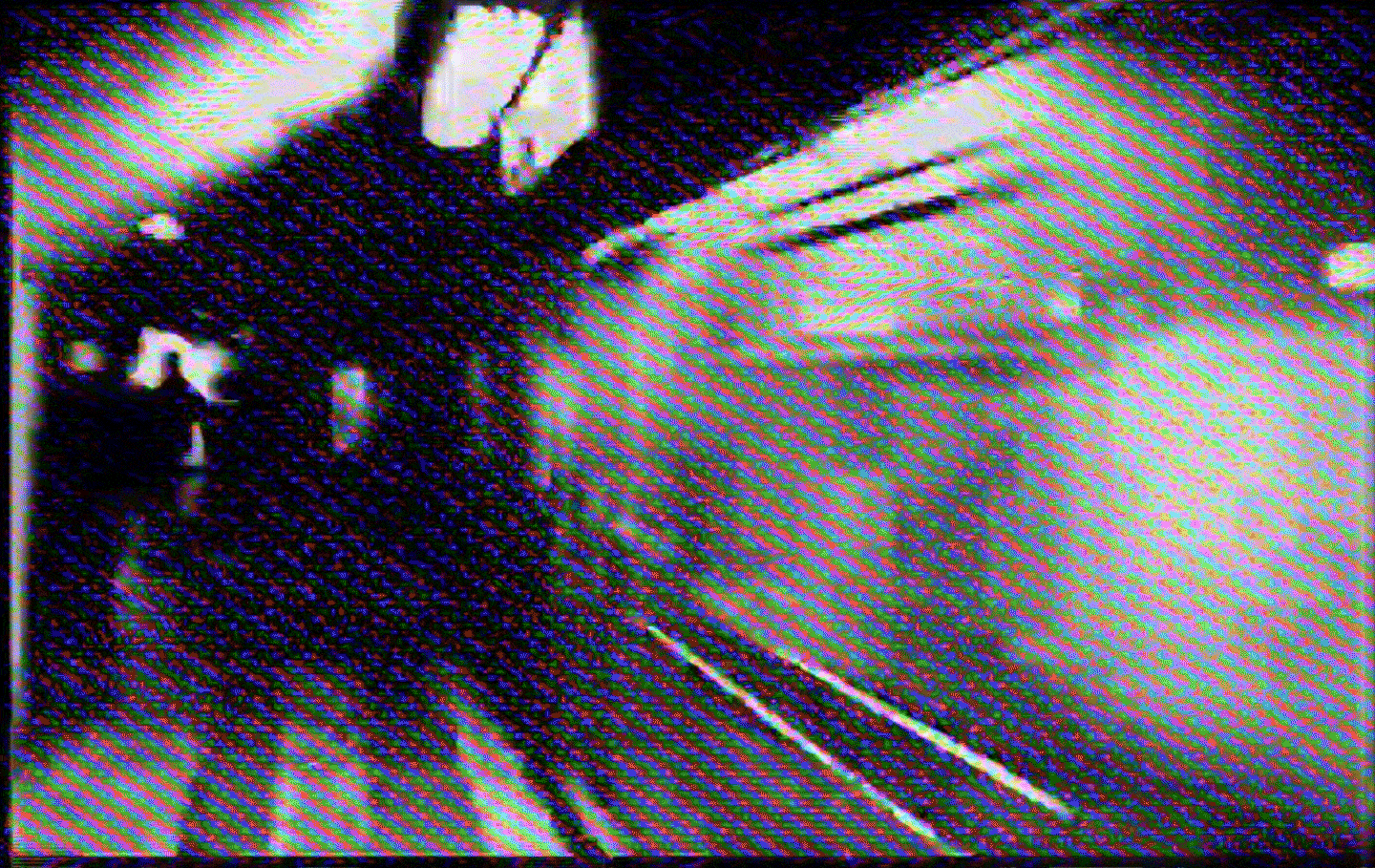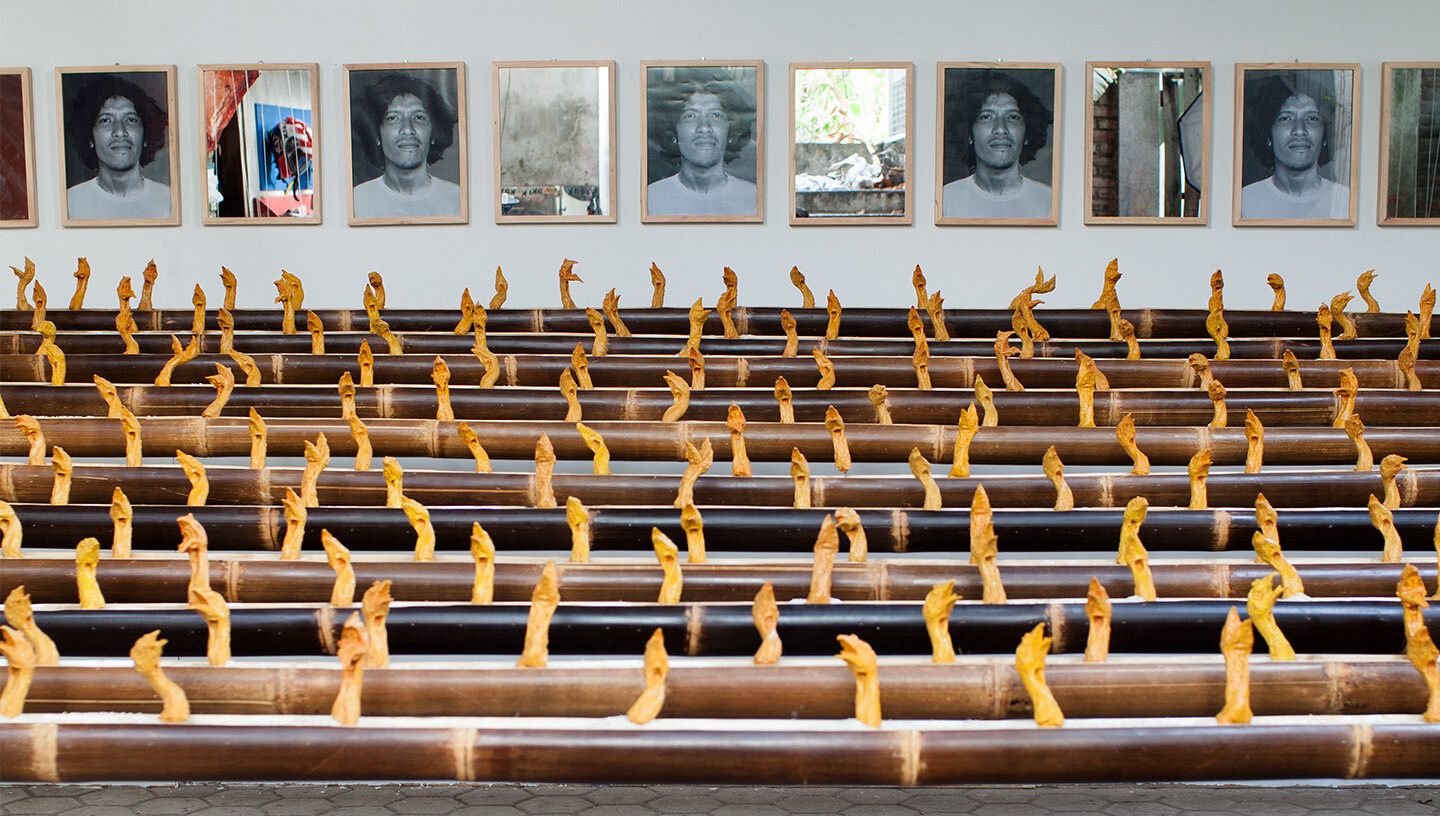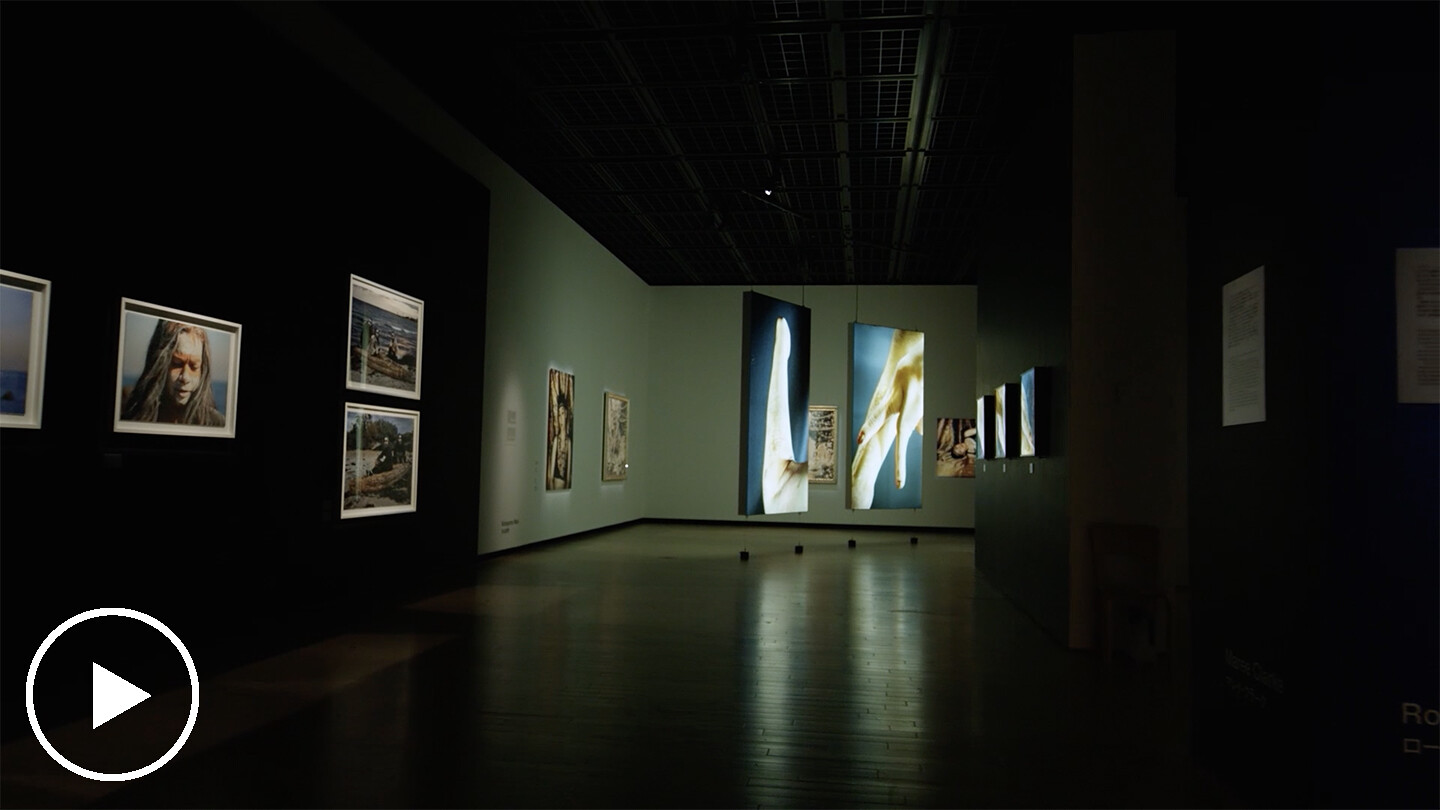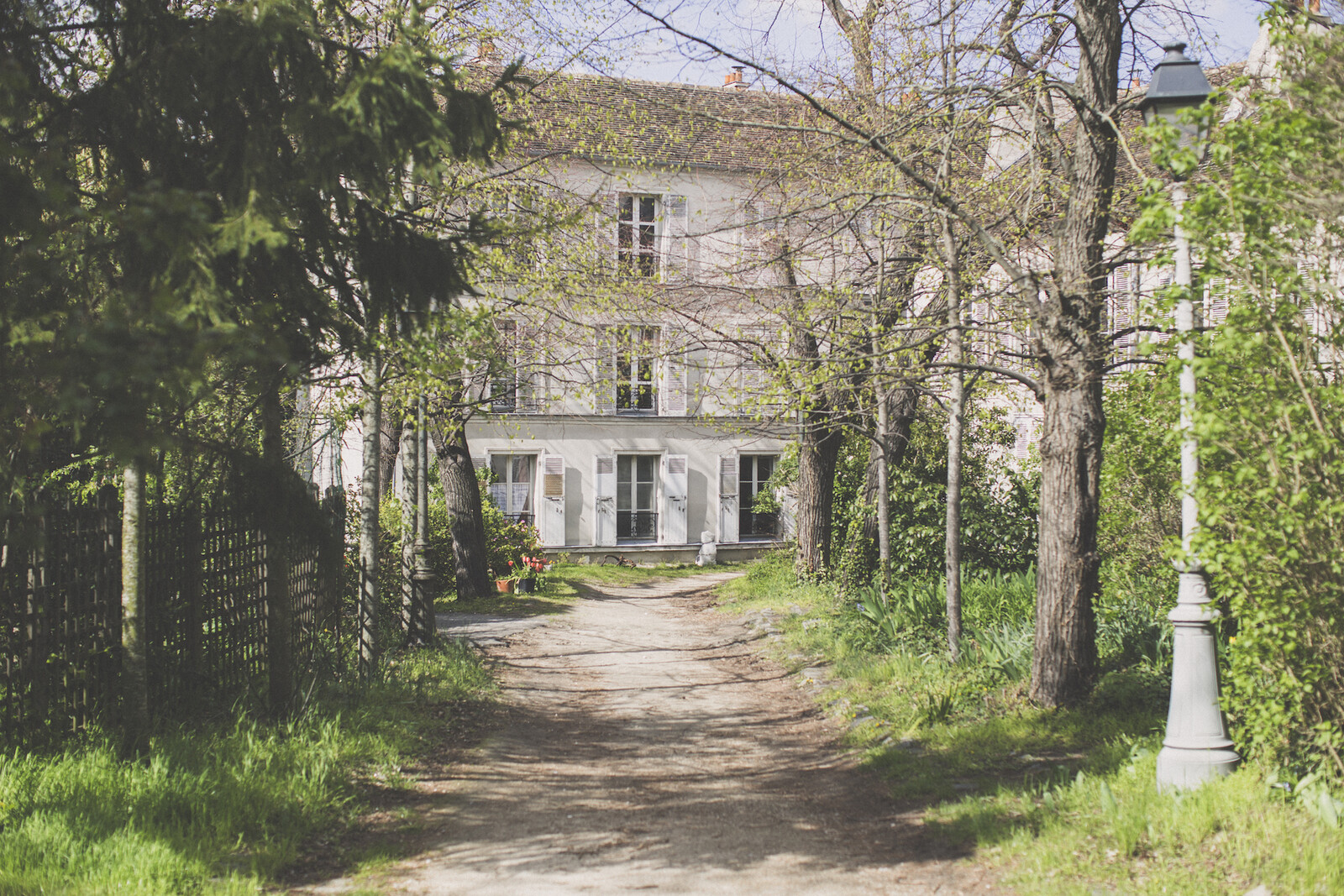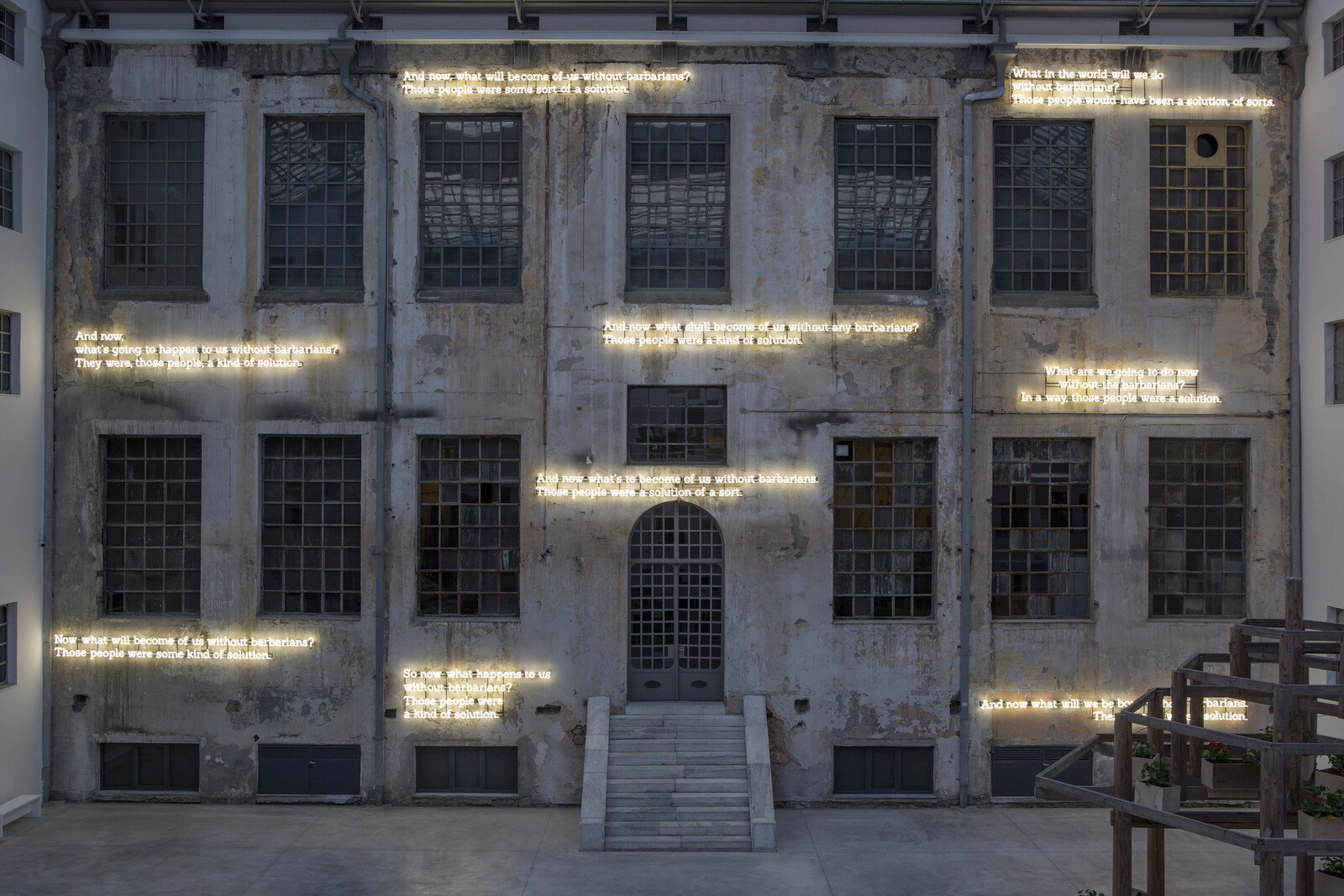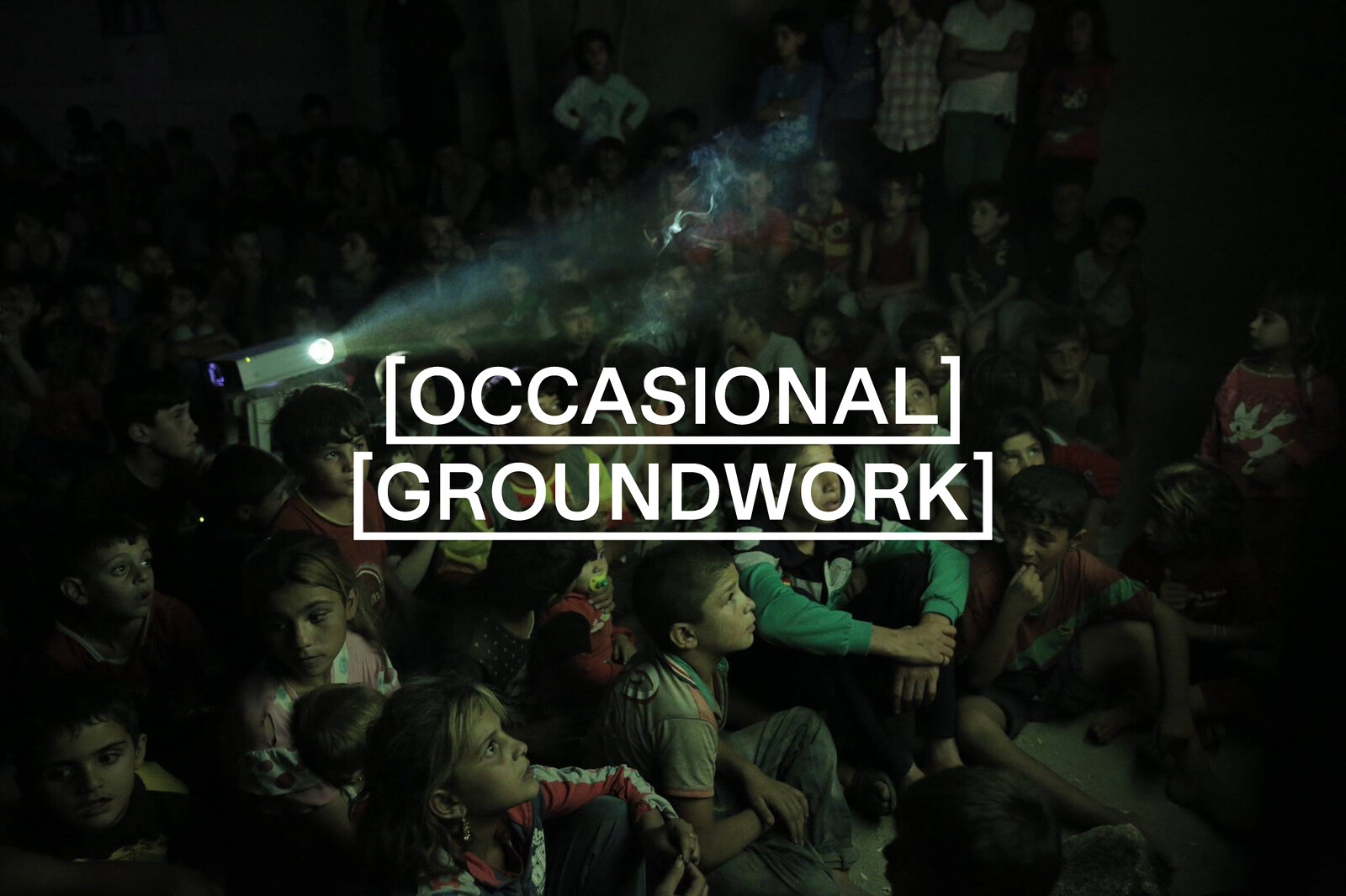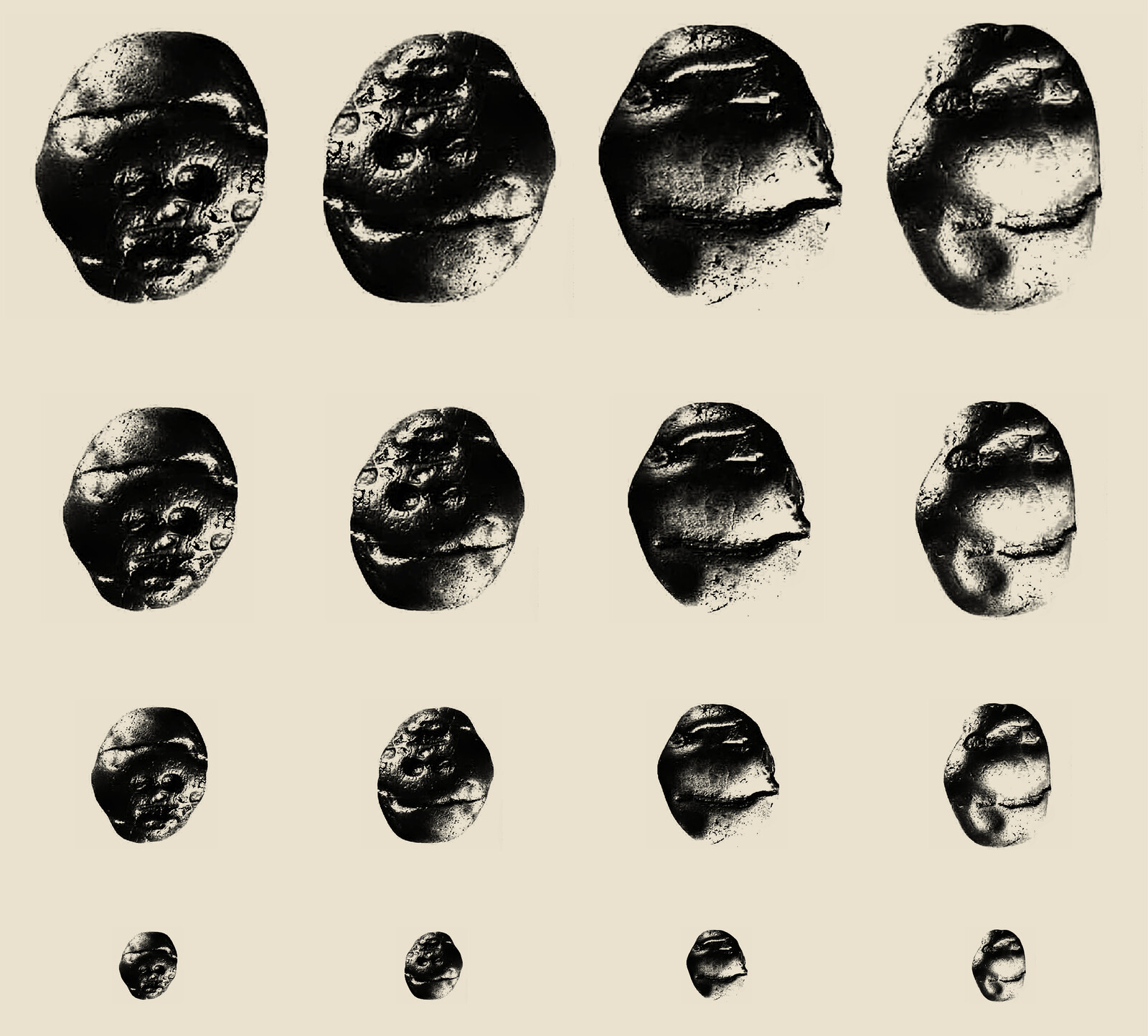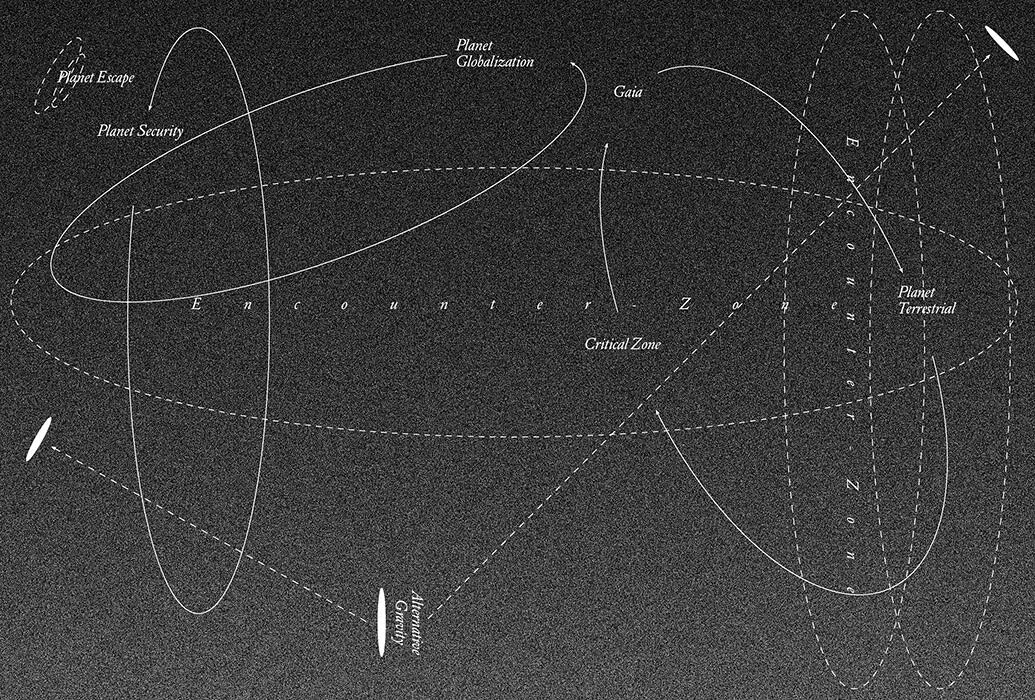For Okwui Enwezor, the void of Ground Zero indexes the full manifestation of a Fanonian “tabula rasa” in which the entropic unleashing of excessive violence weakens and dissolves the “dead certainties” of the formerly stable Western liberal/imperial global order. Such systemic crises present an unforeseen possibility for the global majority, a “founding moment,” wherein subsequent structural reconfigurations allow for their demands to be more fully articulated. These articulated demands necessarily include artistic and cultural responses, which, Enwezor observes, “posit a radical departure from the system of hegemony that fuels the present struggle.”
Olga Touloumi, “Assembly by Design”
Kojève’s journey from philosophy to diplomacy was not a case of accidental wandering but the outgrowth of his Hegelian convictions. He held that critique without action is frivolous, dismissing the “fundamentally nihilist elements, known as ‘intellectuals,’ for whom non-conformity is in itself an absolute value”—those who, like Albert Camus, reveled in moral dissent yet sidestepped the arduous institutional work needed for durable change. A critique, Kojève said, that wants to be taken seriously cannot operate at a distance from the state.
Even in the Desert
The idea that diplomats today could help us articulate what divides us should not be abandoned. But it needs to be resituated in a new environment.
